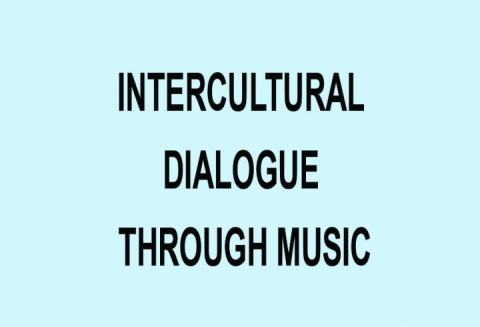Session B: “The impact of globalization (and commercialization) on music
as a component of intangible cultural heritage”
President: Mr Leonard Brown
Mediator: Ms Guiomar Alonso Cano
Rapporteur: Ms Doyun Lee
The session B was undertaken with a series of three major discussion topics.
The first discussion on new stakes, opportunities and challenges to music traditions in the light of globalization was led by presentations on modalities of preserving local music practises, recognized as intangible heritage, as well as on different approaches to contemporary inter-cultural music cooperation. In this context, some critical perspectives on cross-cultural music were raised as a musical form merely demonstrating public aspirations towards the globalization experience.
The second topic focused on expanding opportunities for individuals and communities in developing countries; the potential of the music industry. None could deny that technological development brought about prominent changes to business models of producing, distributing and marketing music but the responses to this global phenomenon differed. On one hand, there were opinions advocating the peer-to-peer online music market and its positive aspect in facilitating democratic participation of direct sale. On the other hand, a global license system, such as a cooperative initiative of copyrights management among artists and consumers, was proposed for the protection of artist rights and the promotion of creativity and cultural diversity of music making within the digital online environment.
The final discussions on policies and measures to protect and promote the diversity of music expressions came last with an emphasis on the importance of integrating musical diversity into education (formal and non-formal) in order to foster intercultural exchange. The role of governmental intervention to give broader access to a diversity of music traditions through education was equally stressed.
In view of these discussions, the following recommendations have been proposed (to UNESCO) on behalf of the participants of Session B of the UNESCO Symposium on “Intercultural Dialogue through Music”:
When considering the impact of globalization on music as a form of intangible heritage it is key to remind that intangible heritage in music is not frozen but is in a constant state of flux. Within this context, some of the considerations the group identified in relation to the globalization challenges are:
Reconnecting communities to their traditions, according to how they identify their safeguarding needs and using means such as ICTs (Yami, Taiwan (China), Indo fusion).
Challenging elitist views of culture and music: more evident in certain genres and more complex or developed than others and to which a commercial value is clearly attributed.
Re-assessing and revising current copyright systems in place that are antiquated or not relevant in today’s intangible musical traditions.
Integrating traditional music forms and musical diversity in the educational systems: ensure fair access to the knowledge and style these musical traditions embody which are so far from western classical music tradition.
Developing supporting economic models that could foster artistic development and cultural diversity by establishing a healthier environment for creative content as a commodity: These supporting economic models – in line with the global license schemes – bring in a new deal between musicians producers and users.

